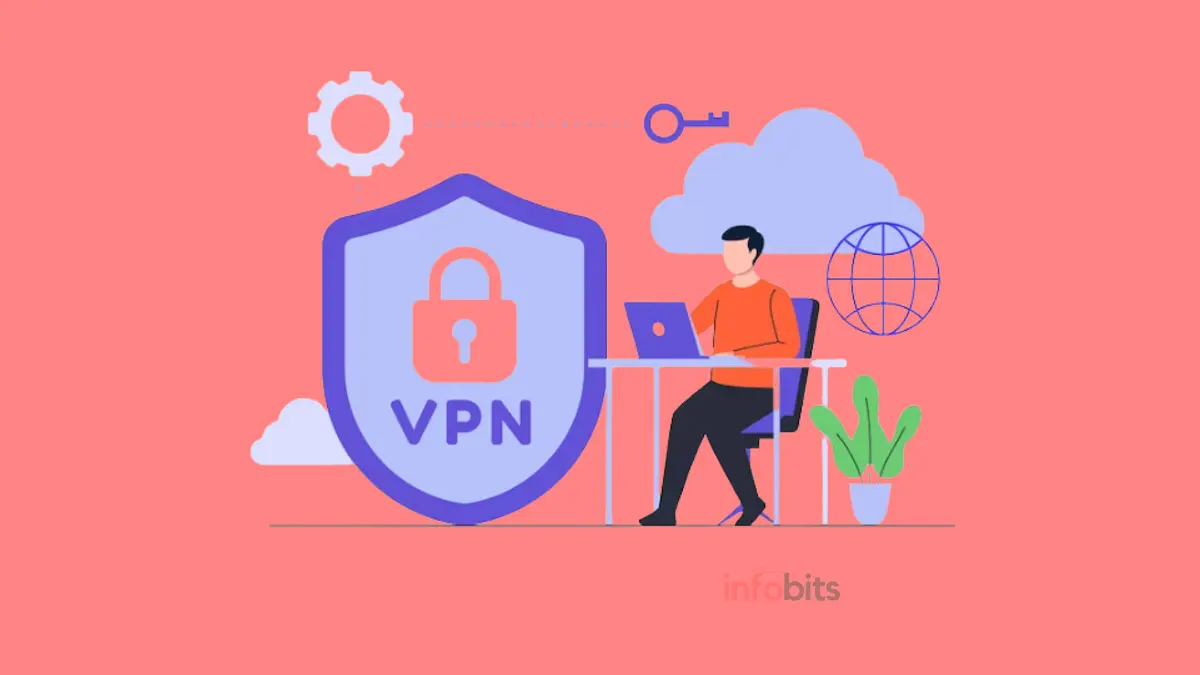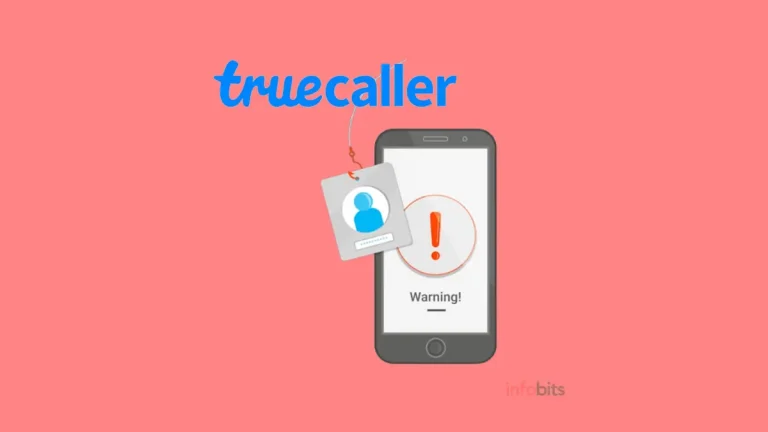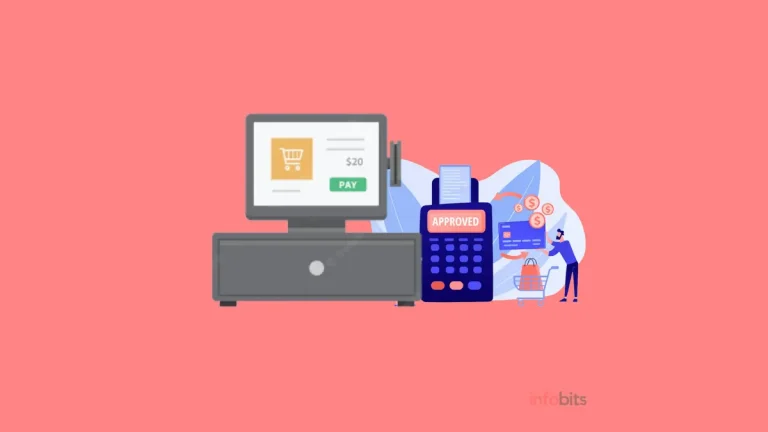Is VPN Banned in India, and Is It Necessary to Use VPN in India?
Virtual private networks (VPNs) have grown in popularity in India in recent years.
With increasing concerns about online privacy and security, more people are turning to using VPNs to shield their online activity from prying eyes.
However, many people have the following worries:
Is VPN banned in India? And, in India, is it really necessary to utilize a VPN?
In this post, we will look at the reasons why people would want to use a VPN in India, as well as the possible drawbacks and constraints of this technology.
Is VPN Banned in India?
VPN is not yet banned and is legal in India as of the writing of this article. Furthermore, there are no restrictions on VPN use in India.
A typical user has nothing to worry about as long as their VPN use is not involved in any illegal activity.
However, do not use the VPN to access content that has been blacklisted by the government, such as porn sites and torrent sites, which encourage pornography and the circulation of unlicensed content, respectively.
The Indian government has recently imposed a new law on VPN services. According to the law, all VPN providers must collect and preserve the information of all customers who have used the service in the previous five years.
On request, VPN providers must give these logs to the Computer Emergency Response Team (CERT-In).
Also, VPNs must report cyber issues such as spoofing, phishing, data leaks, data breaches, and incidents of illegal access to social media accounts.
The primary issue with this rule is that it goes against the whole purpose of virtual private networks (VPNs): to safeguard user privacy.
However, we should understand that this action is part of national security since many terrorists and cybercriminals use VPN services to conduct unlawful operations.
Why Do We Need a VPN, and Is It Necessary?
The use of a VPN as a regular internet user is not required. Those who want extra privacy and protection for their online activities, on the other hand, can utilize VPN services.
Let us look at the advantages of using VPN services in India.
a) For Security and Privacy
To begin with, privacy and security are two of the most prominent reasons why individuals in India utilize VPNs.
With the increasing number of cyber dangers and online monitoring programs, many internet users are seeking solutions to safeguard their online privacy and sensitive information.
Your internet traffic is encrypted and your IP address is masked when you use a VPN, making it impossible for others to monitor your online activity.
b) To Consume Geo Restricted Content
Another reason people may use a VPN in India is to gain access to geo-restricted material.
Some good websites and online services in other countries may be prevented or limited by content owners. By connecting to a VPN server in another country, you can legally bypass these limitations.
For example, if you want to watch a TV show that is only available on a streaming platform available in the United States, you can use a VPN to connect to a server in the United States where the platform is available and watch the show as if you were in the United States.
This is especially beneficial for ex-pats or visitors who wish to access content from their own country while in India.
c) As a Protective Measure When Using Public Wi-Fi Hotspots
When connecting to public Wi-Fi networks or hotspots, it is a good idea to utilize a VPN service. In India, public Wi-Fi networks might be unsafe and open to hacking.
You may add an extra layer of protection to your internet connection and secure your critical information from possible hackers by utilizing a VPN.
Limitations of Using a VPN
There are certain disadvantages and constraints to employing a VPN in India.
One of the major issues is that VPNs can be sluggish and unreliable, especially when connecting to a server in another location.
This might be annoying if you’re attempting to watch a movie or download a huge file.
Furthermore, some websites and online services may restrict VPN traffic, making it impossible to access content even while connected to a VPN.
This is especially prevalent with streaming sites, which are frequently targeted by VPN blockers to enforce content licensing agreements.
Another possible disadvantage of using a VPN in India is that it may not provide total privacy protection.
VPNs can help safeguard your online privacy by encrypting your internet traffic and masking your IP address, but they are not flawless.
Government agents may be able to detect VPN traffic and trace your online activities in some situations.
Furthermore, some VPN services may store logs of your internet usage, which may be accessible by government authorities if they make a request.
Is a VPN Safe to Use in India?
As previously stated, there are no legal implications to working with VPN India.
However, when choosing a VPN provider, always pick a well-established firm that abides by the most recent Indian government regulations.
Conclusion
To summarize, VPNs are legal to use in India, even though the government has made user data collection mandatory.
Whether you need a VPN in India is dependent on your scenario and demands. A VPN may be a smart solution if you are concerned about your privacy, security, or access to geo-restricted information.
However, it is critical to understand the possible risks and limits of utilizing a VPN, which include poor connections, VPN blocks, and the likelihood of government surveillance.
Finally, the choice to use a VPN in India should be based on a thorough analysis of both risks and benefits. From a normal Indian user’s point of view, it is not a necessary thing.
We hope you found this article about VPN use in India useful, and please share it with your relatives and friends who are interested in learning these things.
Frequently Asked Questions
Nothing will happen, and you will be able to use a VPN in India without any difficulty. However, using a VPN to do illicit acts, such as accessing banned content or indulging in cybercrime, is still illegal and can result in legal penalties.
It is not mandatory. However, utilizing a VPN at home is recommended. The major reason it might not be necessary is that your online activity is already safeguarded by your password-protected Wi-Fi network. Another issue is that connecting to a distant server using a VPN might slow down your internet connection speed.
When a VPN is enabled, the user’s online actions and data are encrypted, and no one can normally steal the data. However, if the VPN software exposes security weaknesses and vulnerabilities, the police or any other third party may be able to exploit them. Also, the Indian government has instructed VPN companies in India to keep their users’ data for the previous five years, which must be handed to the relevant body if requested.
Also, don’t forget to follow our Facebook and Twitter pages for regular updates.
Subscribe to our free newsletter so that you will get regular updates directly in your Email.
Disclosure: This article may contain links to external websites from which we may receive an affiliate commission on some, but not all, of the items or services mentioned in this post if you click on our links and make a purchase at a retailer’s website. This has no bearing on your pricing.







